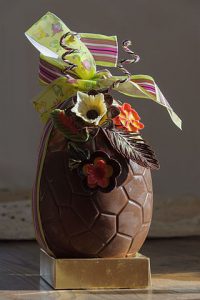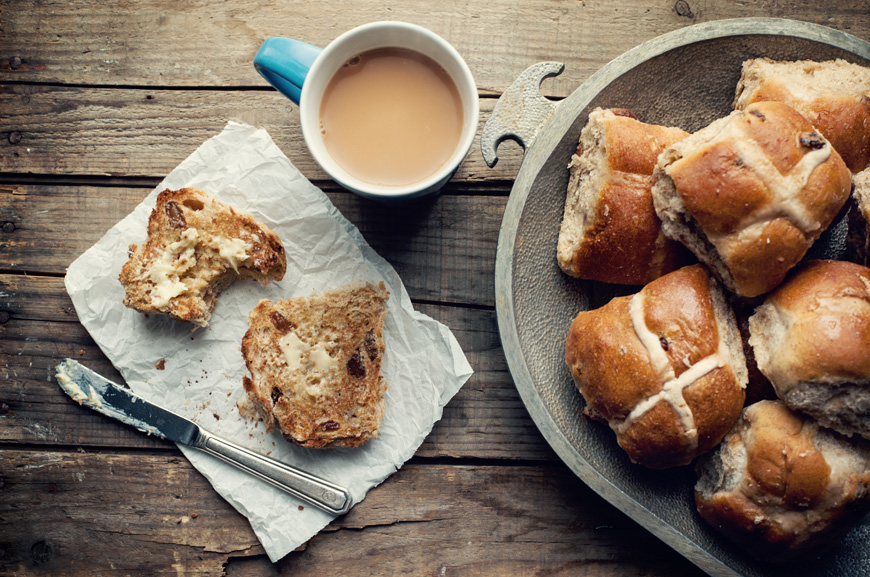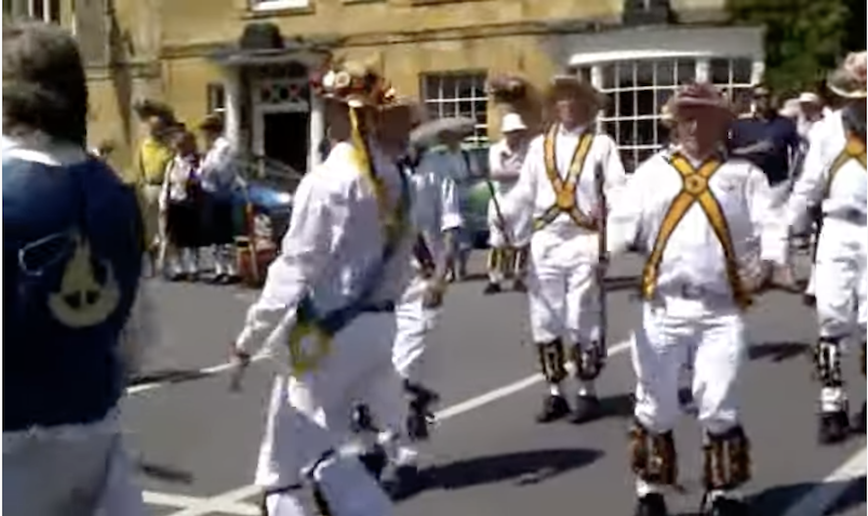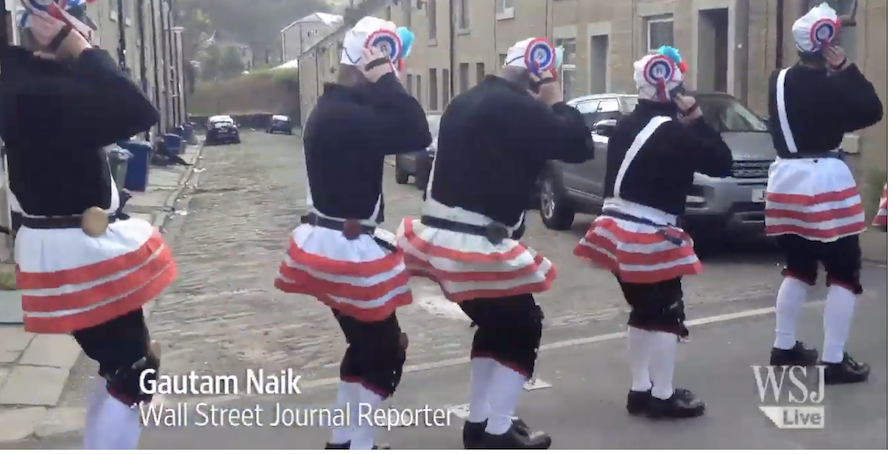HAPPY EASTER: To all our readers
From ieyenews
Thank you to all our readers for downloading and visiting our website. We have gone from strength to strength and we are now TEN years old. A very, very, HAPPY and BLESSED EASTER to you all.
From COLIN, JOAN, COLLEEN and GEORGINA.
Being from England originally, although I have now spent more of my life in the Cayman Islands, I thought you all might like to know about some of the ‘odd’ British Easter Traditions courtesy of Oxford House
6 Unbelievably British Easter Traditions
From Oxfordhouse Language Courses
Have you heard of these fascinating British Easter traditions?
Great Britain is an ancient island, full of superstition and tradition. When Easter comes around visitors to the UK are often surprised by some of the strange events, parades and practices they find.
We’ve put together a list of some of the fun things the British do during Easter and some of the wonderfully weird events that take place. Some you may have heard of, but others will certainly be new!
1. Easter egg hunts


First of all, an easter egg is a hollow, egg-shaped chocolate treat. Children (and adults!) all over the country look forward to their baskets of Easter eggs, which they receive on Easter Sunday.
Children are told that the eggs are delivered by the Easter Bunny.
Yes, that’s right – a rabbit.
The story of the Easter Bunny comes, originally, from German folk stories. The rabbit lays the eggs and delivers them to the children if they have been good over the Easter period.
Easter Egg hunts often take place on Easter morning, if the weather is good. Adults hide small Easter eggs in the garden, house, or village and the children must follow clues in order to find them. Usually, there are enough Easter eggs for all the children to enjoy.
2. Egg painting
Eggs, as you may by now have guessed, are a big part of Easter in Britain. They symbolise new life and represent the rebirth of Jesus.
Before we had chocolate eggs, children would often decorate real eggs to mark the occasion. A lot of children still enjoy doing this, but the chocolate eggs are far more popular of course!
If eggs and bunnies sound like strange symbols, it’s because Christianity probably appropriated them from older, paganistic religions, but no-one knows for sure. Rabbits often represent fertility and eggs are said to symbolise new life in spring.
3. Hot Cross Buns
Hot cross buns are another delicious tradition in UK. These raisin filled buns are toasted, lathered in butter and before being enjoyed with a nice cup of tea.


The crosses symbolise the Christian belief that Jesus died on the cross for their sins.
4. Maypole Dancing

Maypole dancing is another Easter time tradition in Britain – and in other parts of the world too. Dancers hold on to colourful ribbons which are attached the the top of a large pole and dance in patterns, often to live music played by the village band.
The tradition certainly comes from our pre-Christian heritage but has been a big part of the celebrations at Easter times for centuries.
5. Nutters dance


Not only is this tradition unique to the UK, but it is unique to a particular village in the UK. The dance troupe is called the Britannia Coco-nut Dancers, or the “Nutters†for short. These dancers perform their show during Easter in a village called Bacup in Lancaster, England.
They dance for 11 km through the village and drink a pint of beer in every pub they stop at along the way. The eight dancers dress very strangely, with clogs (wooden shoes), a red and white skirt, black trousers and shirts. They also paint their faces black, which some people don’t like very much, as they say it is racist. However, the dancers say it’s simply a type of mask and is not intended to represent a race.
6. Morris Dancing
If you see a man dressed in white, with bells on his trousers and a stick or handkerchief in his hand, don’t be scared. He’s a Morris Dancer.
Morris Dancing often takes place during Easter parades or village fairs. It’s a type of English folk dancing, and quite a strange thing to watch. The dance troupes are traditionally all-male, but there are now also female groups too. They practice their craft at other times of year too, but their first shows usually take place in spring, when the weather is warming up a bit.
Which of these Easter traditions surprised you the most? Do you do any of the same things in your country? What traditions do you think would surprise visitors to your town the most?
Glossary for Language Learners
Find the following words in the article and then write down any new ones you didn’t know.
Ancient (n): very old.
Superstition (n): a belief in something that has no basis in fact.
Bunny (n): another, cute name for a rabbit.
Mark the occasion (vp): to do something symbolic to celebrate a special moment.
Appropriate (v): to take something that isn’t your and use it for a new purpose.
Paganistic (adj): describing an ancient, pre-Christian religion.
Lathered (adj): covered in something.
Sins (n): bad things that you have done in your life.
Heritage (n): a country’s traditions, practices and history.
Handkerchief (n): a piece of cloth you carry to clean yourself.
Key
n = noun
vp = verb phrase
v = verb
adj = adjective
Chocolate Egg Photo: Myrabella / Wikimedia Commons CC BY-SA 4.0
Study English at Oxford House Barcelona
Interested in taking an English course at Oxford House Barcelona? Check all the different English classes we can offer you or contact us for more information.





